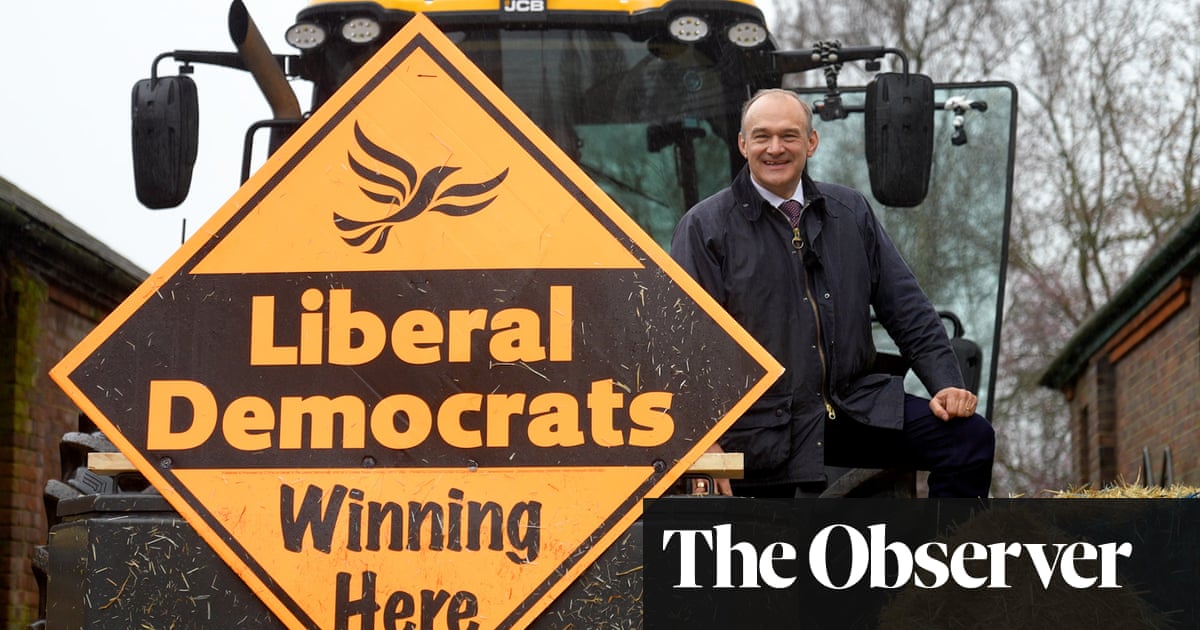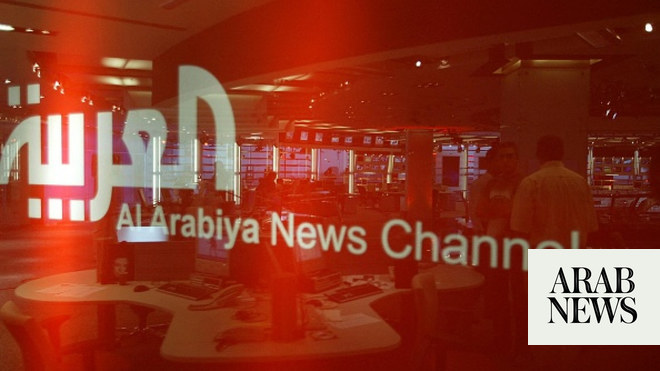
Iraqi Prime Minister Mustafa Al-Kadhemi called on Iraqis to cast their votes and change their future in Sunday’s elections, noting that his government had kept its promise to hold the parliamentary elections on the set date.
This is the first parliamentary elections since 2003, where the country does not impose a curfew and where the Prime Minister is not a candidate, Al-Kadhemi said in a statement on the sidelines of casting his vote.
The voting stations opened its doors Sunday to elect the fifth Iraqi parliament since the system change in 2003, under extreme security measures and a UN and international supervision.
Meanwhile, citizens in Iraq’s Kurdistan region also headed to cast their votes, including the region’s President Nechirvan Barzani. He called on all Iraqis to unite for the good of their country, hoping that this election will provide Iraq with a better future.
Barzani also hoped the new government will win the trust of the Iraqi people by resolving their issues through dialogue.
According to the Independent High Electoral Commission, there are 570 election booths in Kurdistan receiving one million and 275,000 voters. Also, there are 146 candidates competing for 46 parliamentary seats in the region.
Iraqis Sunday headed to polling stations, which opened at 7:00 a.m. nationwide to elect 329 representatives. The early-elections, the fifth since 2003, were held amidst tight security and supervised by local, international and UN observers.
Border crossings were closed last night, movements of motorbikes and trucks were banned while commercial centers and restaurants were closed to provide further security for the elections. Polling stations are due to close at 6:00 p.m. (15:00 GMT).
The Electoral Commission said it would announce the initial results in 24 hours following closure of balloting. Final results are due in few days.
President Barham Saleh called on Iraqis to participate in the elections, which he described as “pivotal and decicive.”
Iraq’s parliamentary election are likely to will produce more of the same. And many analysts have warned that it is important for Europeans to be realistic about the Iraqi government’s ability to enact reforms.
As Iraq’s next governing coalition will include many deeply reactionary groups, the country will continue to struggle to address the long-standing challenges that create domestic instability.
Although Al-Khademi has met the demands for an early election and the reform of Iraq’s electoral law, the contest will not produce the thoroughgoing reform of the Iraqi political system that they sought.
Large swaths of Iraqi society are disillusioned with the system and will boycott the vote. The election is likely to be followed by a long period of negotiations over the formation of the government, after which one can expect to see established political parties come to a power-sharing arrangement similar to the one Iraq has now.
The next government is likely to pronounce its commitment to economic and security sector reforms, but the barriers to implementing such measures will remain firmly in place.











